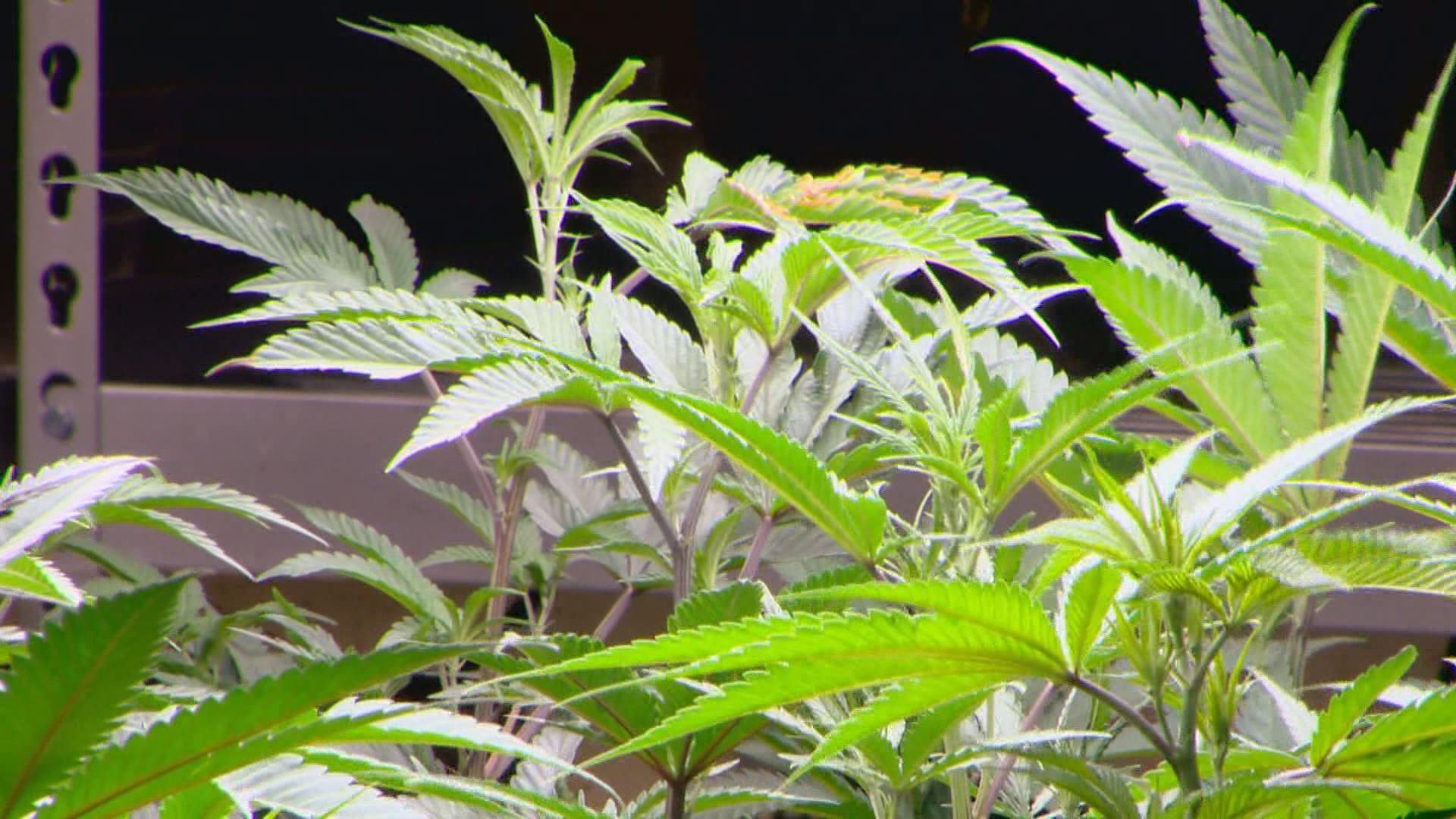DENVER – In a decision that's likely to reverberate within Colorado's marijuana growing community, a Denver judge has given the Denver Department of Environmental Health an early victory in its effort to quash the use of certain pesticides on marijuana grows.
Since March, Denver officials have placed tens of thousands of plants into what amounts to a city-enforced quarantine due to suspected use of certain pesticides. Organic Greens Inc. had asked Denver District Court Judge John Madden to force the city to stop the practice, but in a ruling made public Friday, Judge Madden denied the request for a preliminary injunction.
On March 25, the Denver Department of Environmental Health found "sufficient evidence that marijuana plants or marijuana product on the [Organic Greens] premises may have been contaminated by pesticides that have been determined by the Colorado Department of Agriculture to be a violation to use on marijuana."
In its finding, the city ordered the grower to place the plants on hold. The plants could still stay on sight and employees could still harvest and water the plants, but no product could end up for sale.
In a hearing that stretched into four days, attorneys for Organic Greens tried to argue the city's enforcement was "arbitrary" and unnecessary because the levels of pesticides found on the plants didn't constitute any health risk.
At the center of the debate is the use of a fungicide known as Eagle 20, which contains the chemical myclobutanil. Its own manufacturer told 9NEWS on Monday the product, according to EPA standards, should not be used on marijuana. It's not terribly surprising, considering technically the EPA has yet to approve any pesticide/fungicide use on marijuana due to the fact marijuana remains illegal under federal law.
Reached by phone on Friday, the attorney representing Organic Greens told 9Wants to Know the marijuana grown at its facility is "completely safe."
"We strongly believe [Eagle 20] is a product that is safe," attorney Sean McCallister said.
He said he hopes the city will eventually release the hold on the plants. It's uncertain whether that will happen. On Monday, the owner of Organic Greens told Judge Madden he was likely 30 days away from having to let some staff go if the hold wasn't released.
This all comes at a time when the state of Colorado's Marijuana Enforcement Division has yet to come up with a viable way to test the majority of marijuana sold in the state for the presence of contaminants. While the state continues to test for potency, contaminant testing remains in beta testing, and it's uncertain when more widespread testing for contaminants will start.
It's widely recognized the use of pesticides and fungicides in Colorado growing operations is widespread. Lacking directive from the federal government, many growers have used chemicals that are not labeled for use on marijuana under the assumption the chemicals are safe.
Testing on the long-term impacts of smoking and/or ingesting marijuana treated with pesticides and fungicides remains largely uncertain due to lack of research. Growers insist their product is safe, but Denver's hold orders indicate city officials aren't ready to agree with them just yet.
(KUSA-TV © 2015 Multimedia Holdings Corporation)


